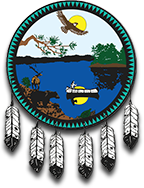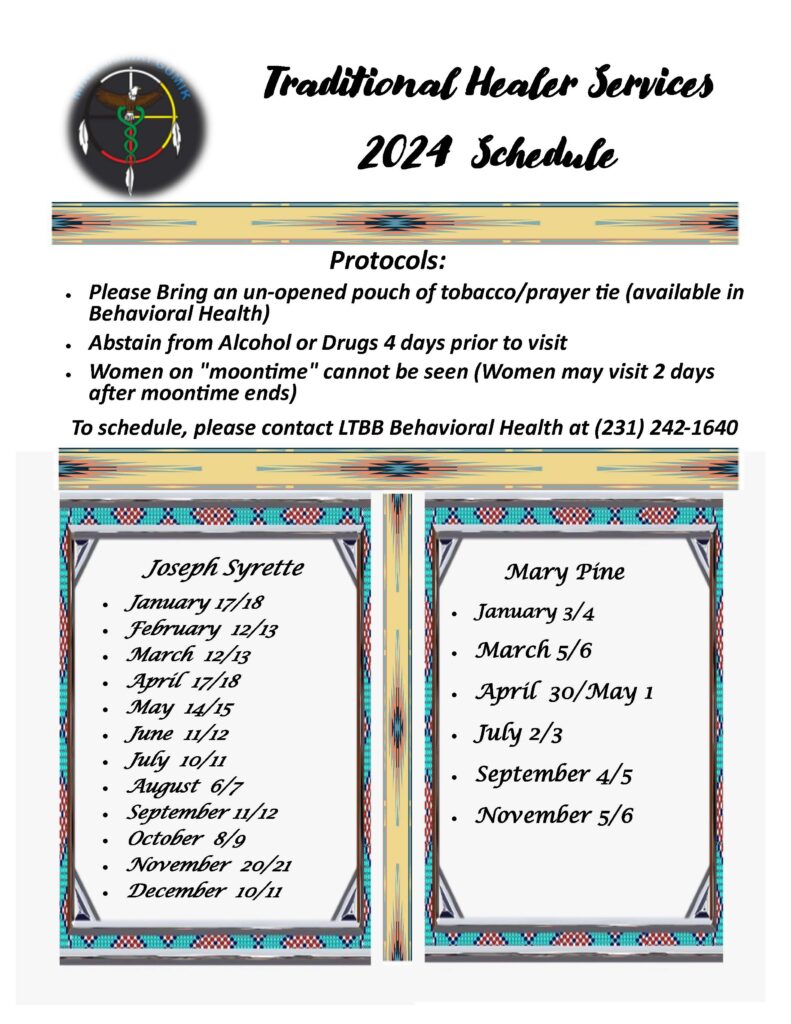USDA Commodities are distributed once per month. Commodities include non-perishable food, meats and produce.Applicants can be anyone who resides within the historical reservation area or a member of a federally recognized tribe who resides in the 27 county service area. Expedited services are available. A complete application should be submitted for final eligibility determination. The following are guidelines by which determination of eligibility is made.
INCOME GUIDELINES – Effective October 1, 2022 to September 30, 2023
USDA Nondiscrimination Statement
In accordance with federal civil rights law and U.S. Department of Agriculture (USDA) civil rights regulations and policies, this institution is prohibited from discriminating on the basis of race, color, national origin, sex (including gender identity and sexual orientation), disability, age, or reprisal or retaliation for prior civil rights activity.
Program information may be made available in languages other than English. Persons with disabilities who require alternative means of communication to obtain program information (e.g., Braille, large print, audiotape, American Sign Language), should contact the responsible state or local agency that administers the program or USDA’s TARGET Center
at (202) 720-2600 (voice and TTY) or contact USDA through the Federal Relay Service at (800) 877-8339.
To file a program discrimination complaint, a Complainant should complete a Form
AD-3027, USDA Program Discrimination Complaint Form which can be obtained online at: USDA Program Discrimination Complaint Form, from any USDA office, by calling
(866) 632-9992, or by writing a letter addressed to USDA. The letter must contain the complainant’s name, address, telephone number, and a written description of the alleged discriminatory action in sufficient detail to inform the Assistant Secretary for Civil Rights (ASCR) about the nature and date of an alleged civil rights violation. The completed
AD-3027 form or letter must be submitted to USDA by:
mail: U.S. Department of Agriculture Office of the Assistant Secretary for Civil Rights 1400 Independence Avenue, SW Washington, D.C. 20250-9410; or
fax: (833) 256-1665 or (202) 690-7442; or
email: program.intake@usda.gov
This institution is an equal opportunity provider.
If you think you may be eligible under these new guidelines, please contact the LTBB Department of Human Services at 231-242-1620 for more information. Applications and other information about this program can be found on the LTBB website in the Forms Directory along with the income guidelines that have also slightly increased and were effective October 1, 2022.







